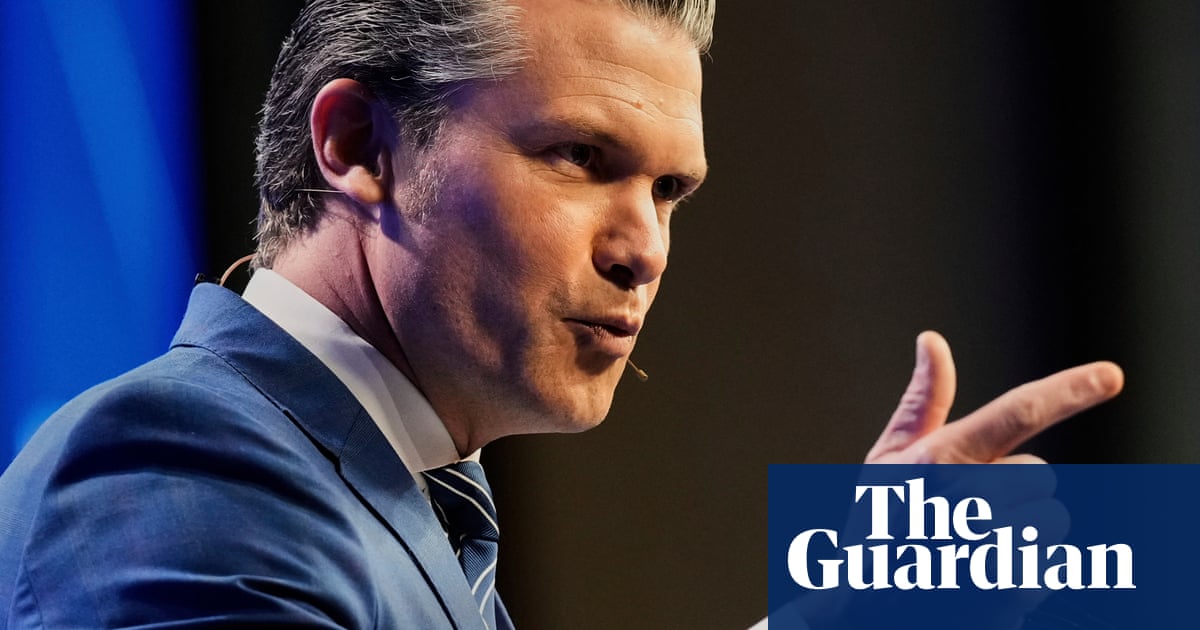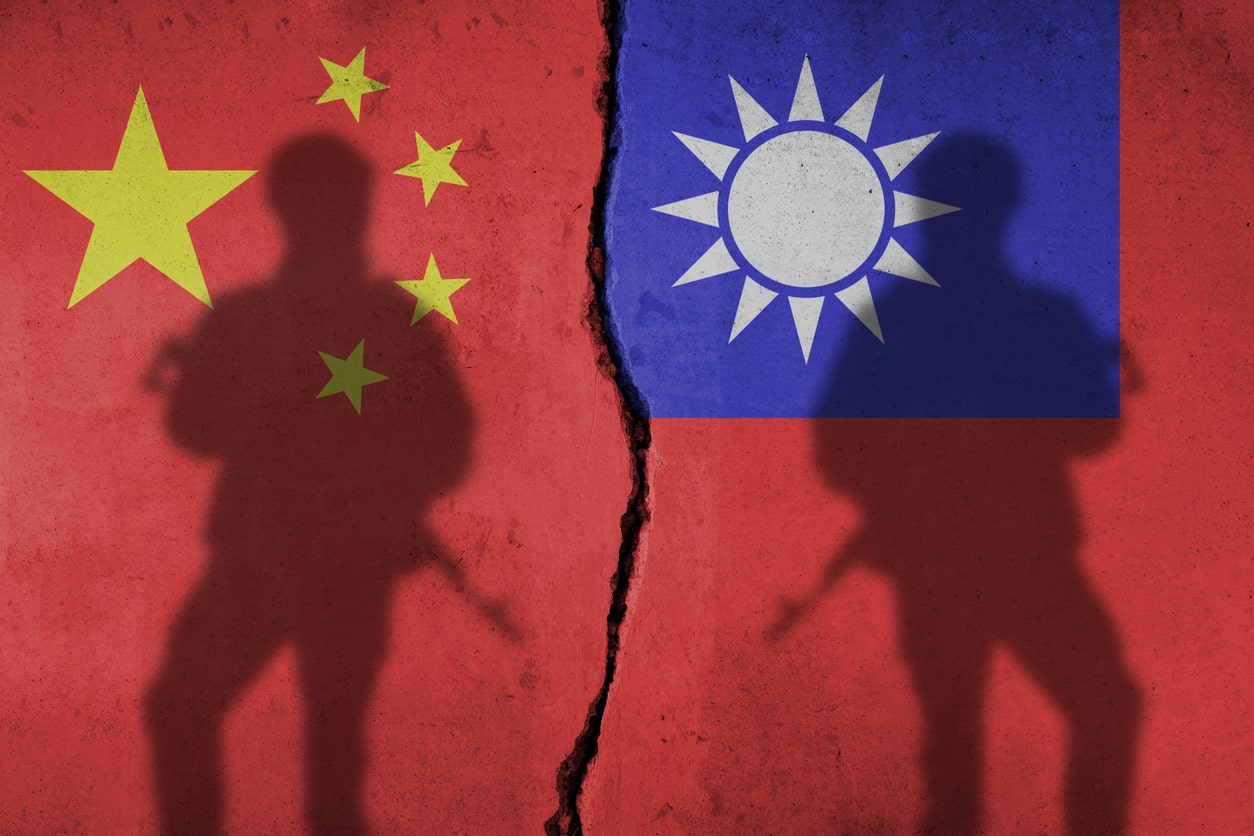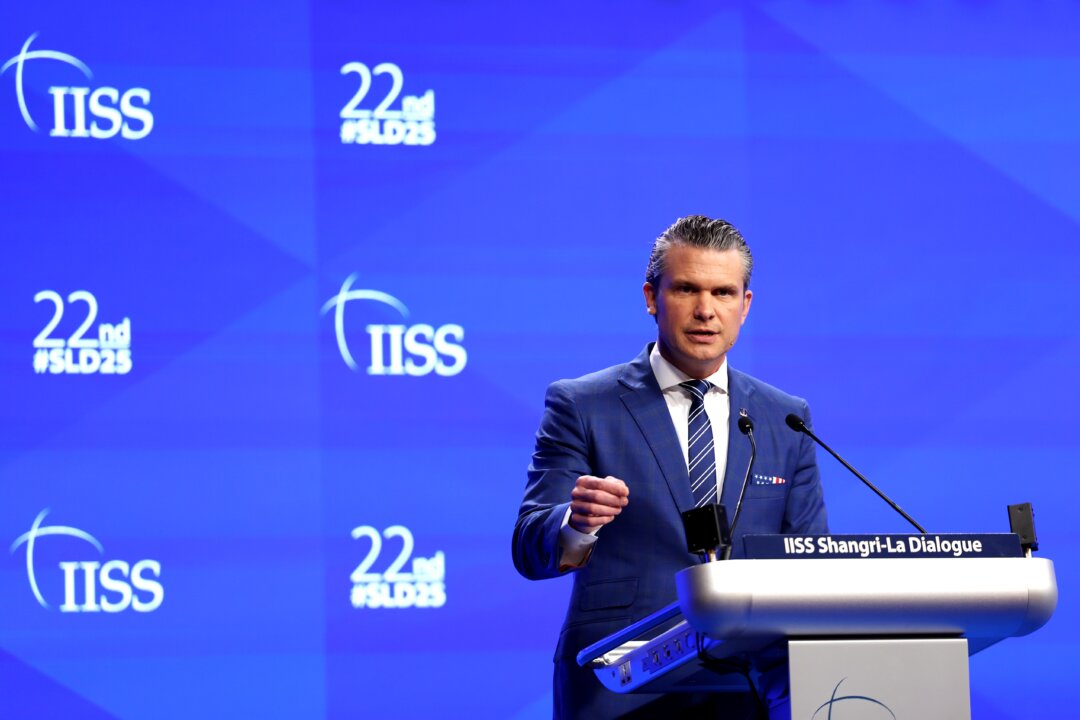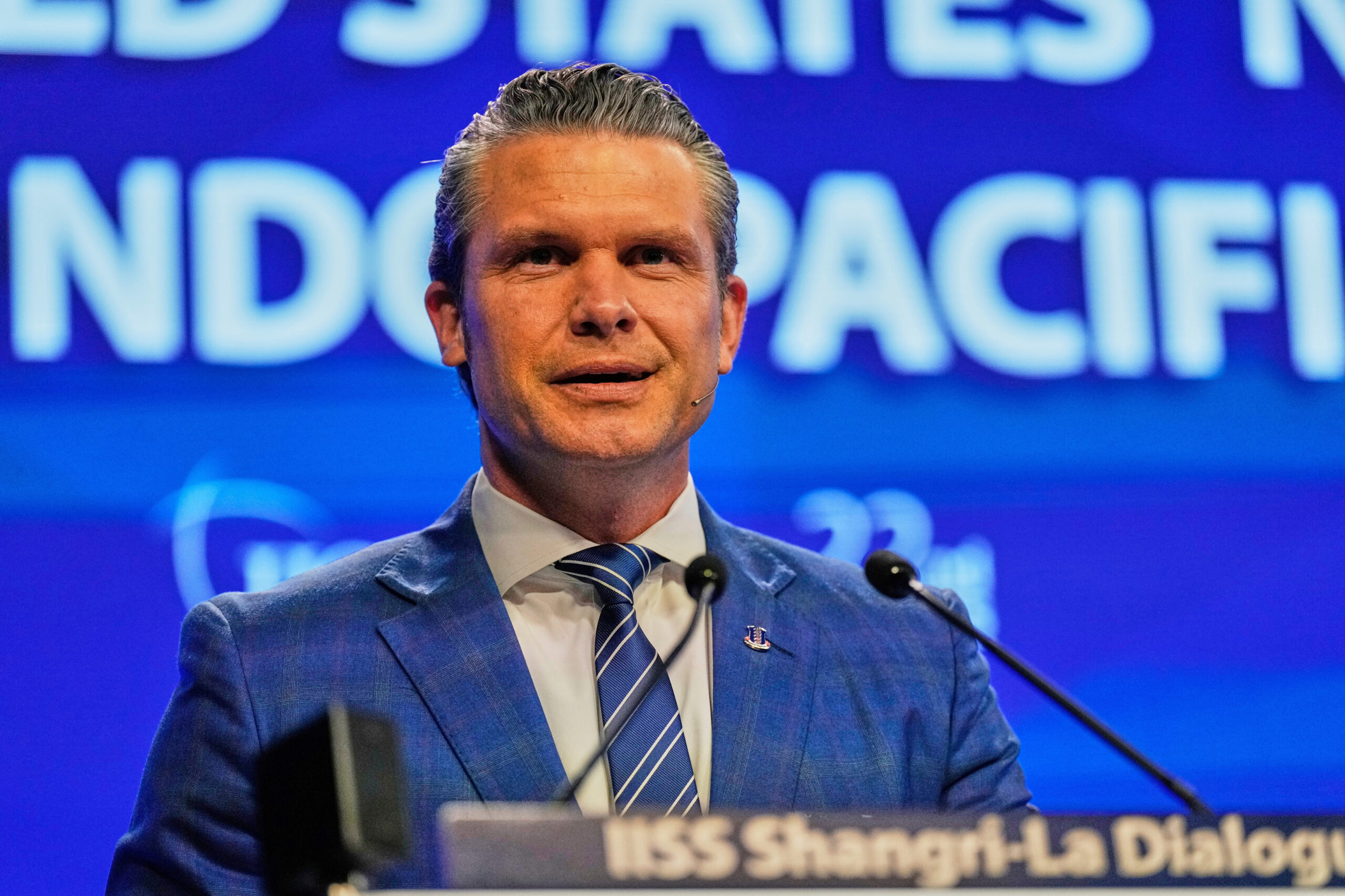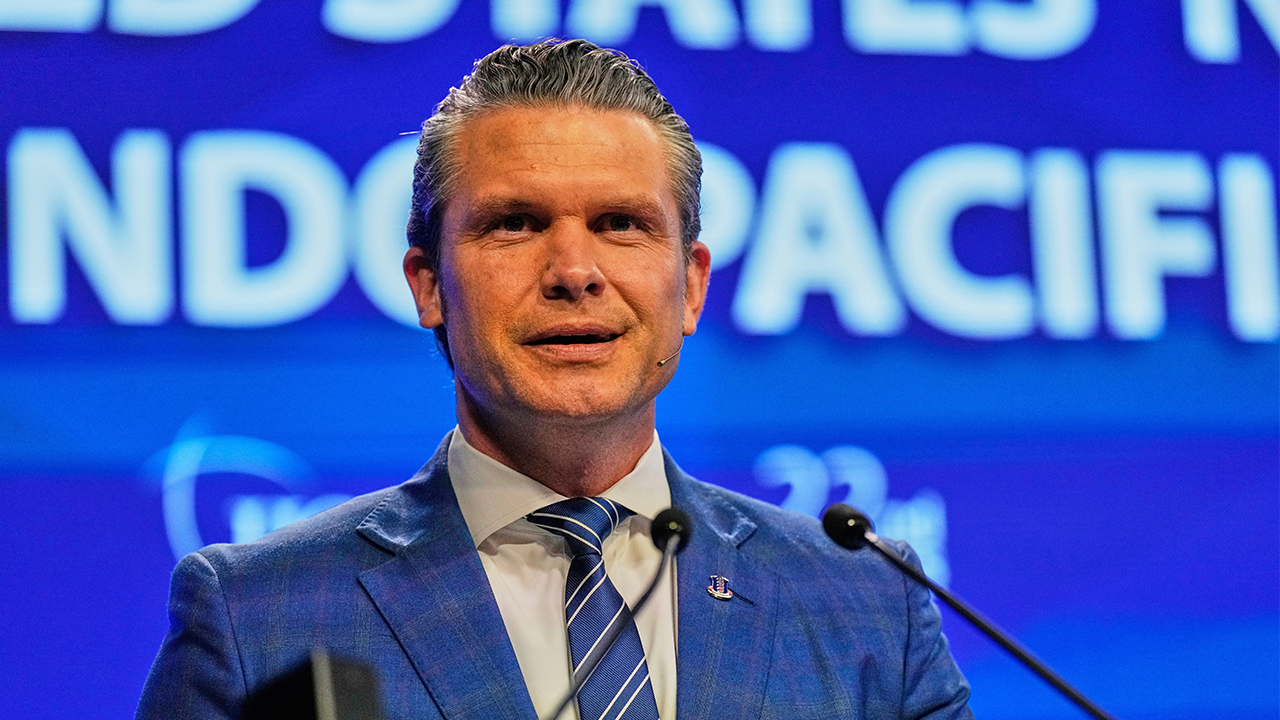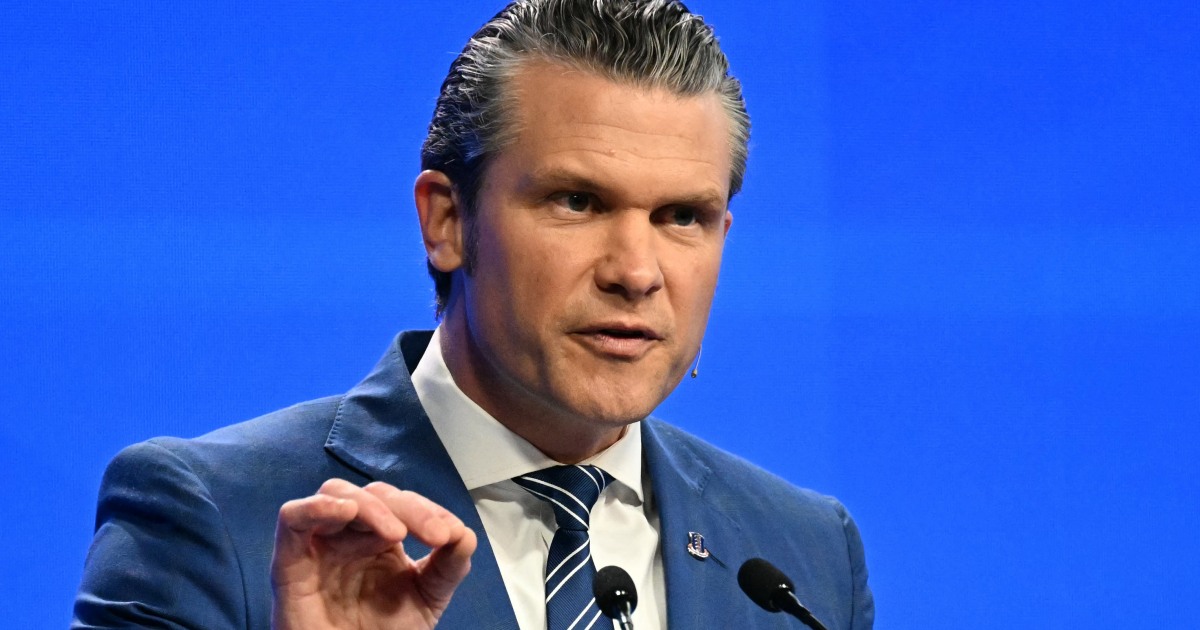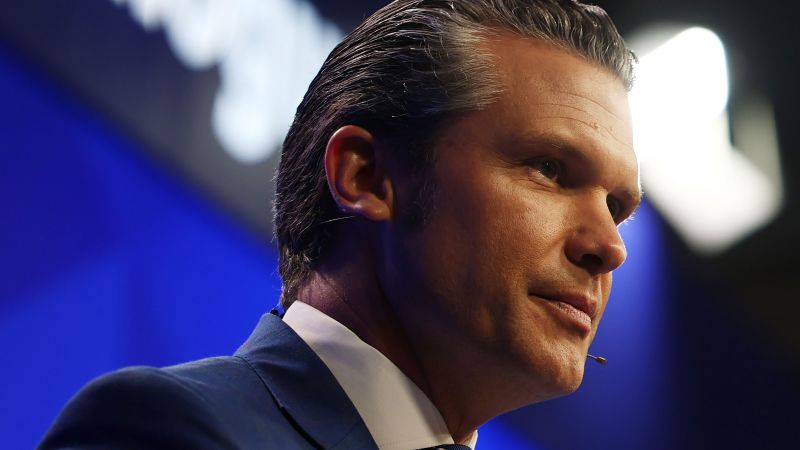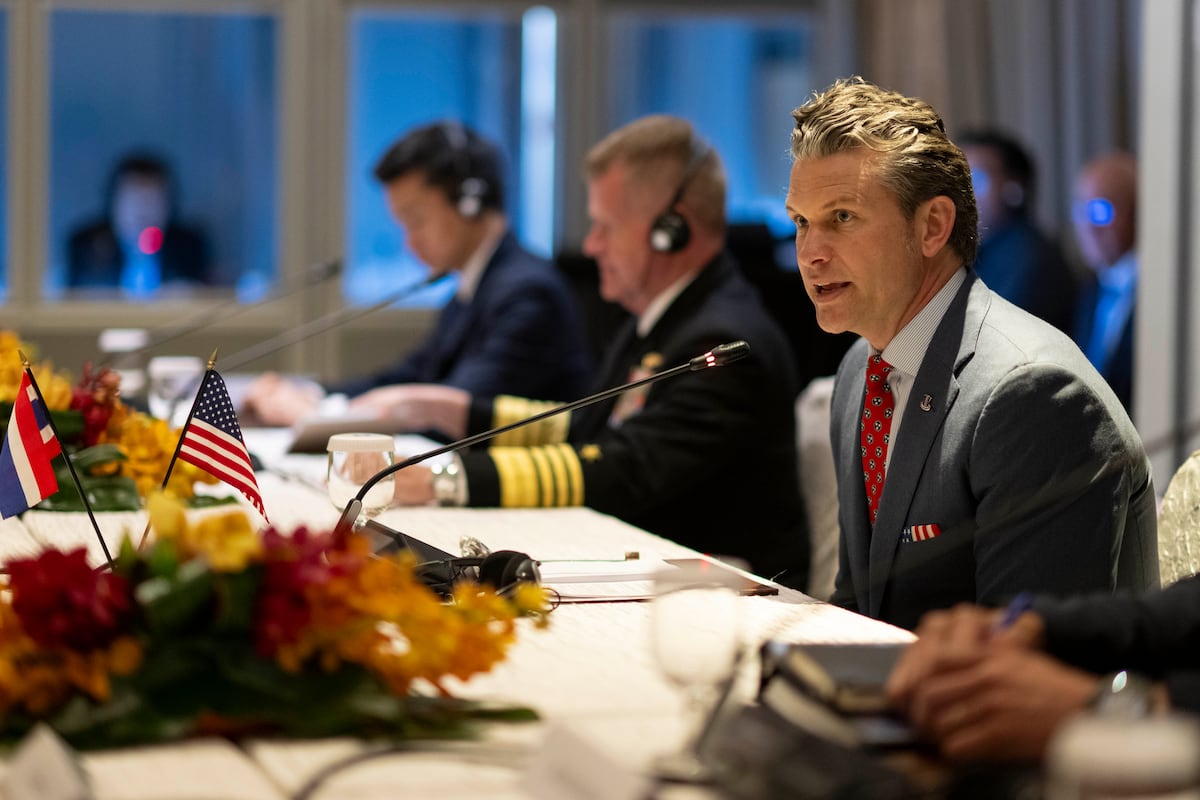U.S. Defense Secretary Hegseth Warns of Imminent Chinese Threat to Taiwan Amidst Rising Tensions
China denounces Hegseth's remarks as Cold War rhetoric, escalating tensions between the U.S. and China over Taiwan and regional security.
Subscribe to unlock this story
We really don't like cutting you off, but you've reached your monthly limit. At just $5/month, subscriptions are how we keep this project going. Start your free 7-day trial today!
Get StartedHave an account? Sign in
Overview
At the Shangri-La Dialogue, U.S. Defense Secretary Pete Hegseth warned of an imminent military threat from China regarding Taiwan, urging Indo-Pacific allies to increase defense spending. He emphasized the U.S. commitment to support its partners and described China's military preparations as serious. In response, China condemned Hegseth's comments, accusing him of promoting a Cold War mentality and vilifying Beijing. The Chinese foreign ministry asserted that Taiwan is a domestic issue and warned against U.S. interference, claiming it undermines regional stability. This exchange highlights the escalating tensions between the U.S. and China amid ongoing geopolitical conflicts.
Report issue

Read both sides in 5 minutes each day
Analysis
- The articles present a highly negative tone regarding U.S.-China relations, emphasizing rising tensions and mutual accusations.
- China perceives U.S. actions as provocative, while the U.S. views China as a significant threat to its interests.
- Overall, the articles convey a sense of conflict and hostility, indicating a deteriorating relationship between the two nations.
Articles (22)
Center (9)
FAQ
China has increased military activities near Taiwan, including large-scale naval drills and war games following President Lai’s National Day speech in October 2024, as a 'stern warning' against what it perceives as separatist actions by Taiwan. China has also intensified 'gray zone' coercion tactics, such as cyberattacks and economic pressure, to wear down Taiwan’s resolve.
Taiwan, under President Lai, has declared China a hostile foreign force and has recently conducted its first whole-of-society civil defense drill to prepare for potential threats, demonstrating a heightened state of alert and readiness.
Details on specific Indo-Pacific allies’ responses are not provided in the available articles, but the U.S. has urged them to increase defense spending in response to growing regional threats, particularly from China. Some allies may be balancing closer defense ties to the U.S. with economic relations with China.
China consistently asserts that Taiwan is a domestic issue and warns against U.S. interference, which it claims undermines regional stability. China also portrays the U.S. as an unreliable actor, especially in the context of economic protectionism, and seeks to position itself as a more reliable partner for regional and global cooperation.
Escalating tensions could lead to a military confrontation, with both nations unwilling to rule out the use of force. Such a conflict would have devastating consequences for regional security and potentially draw in other countries, leading to a broader crisis with global repercussions.
History
- 5M

 3 articles
3 articles
- 5M

 3 articles
3 articles
- 5M

 4 articles
4 articles
- 5M

 4 articles
4 articles



